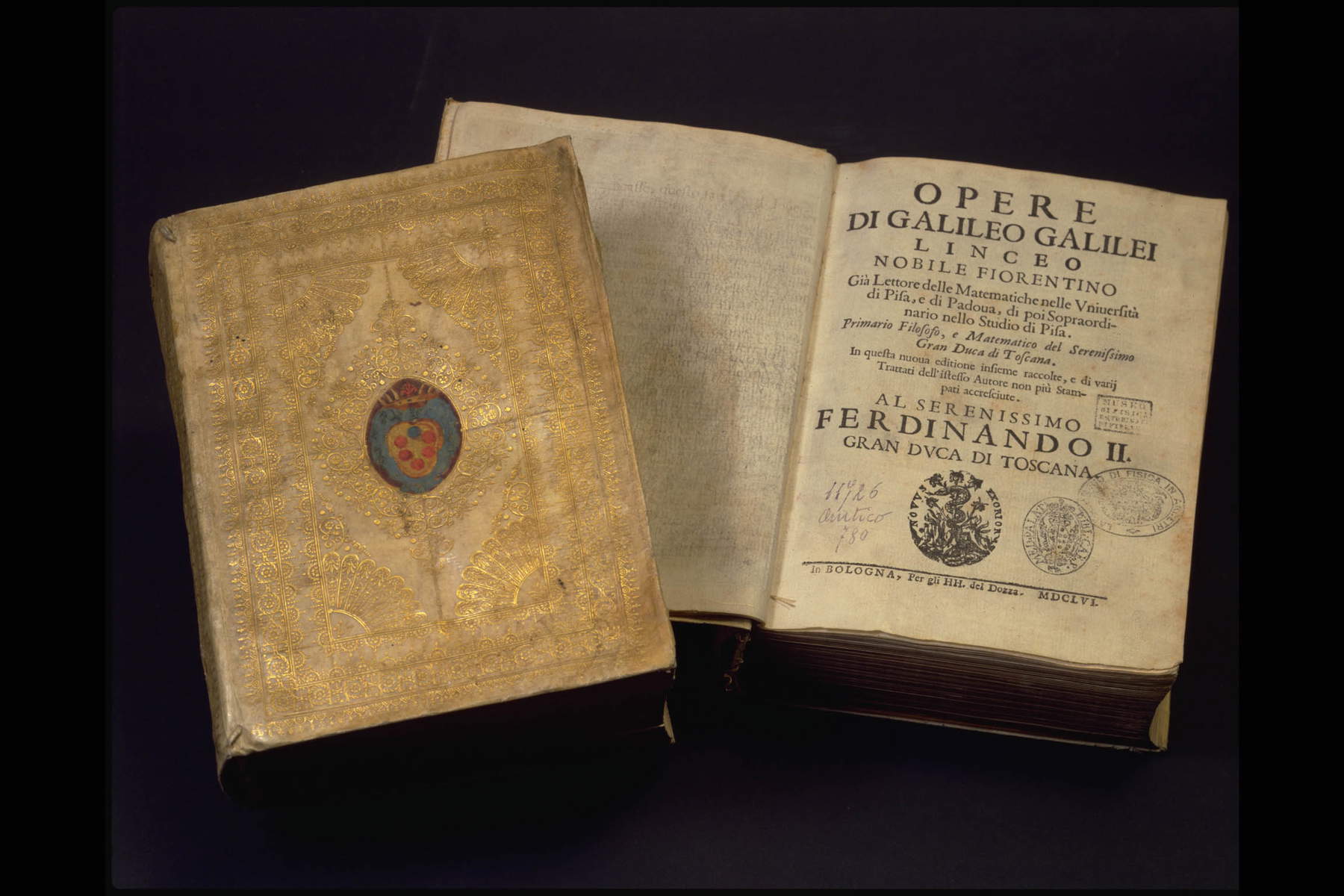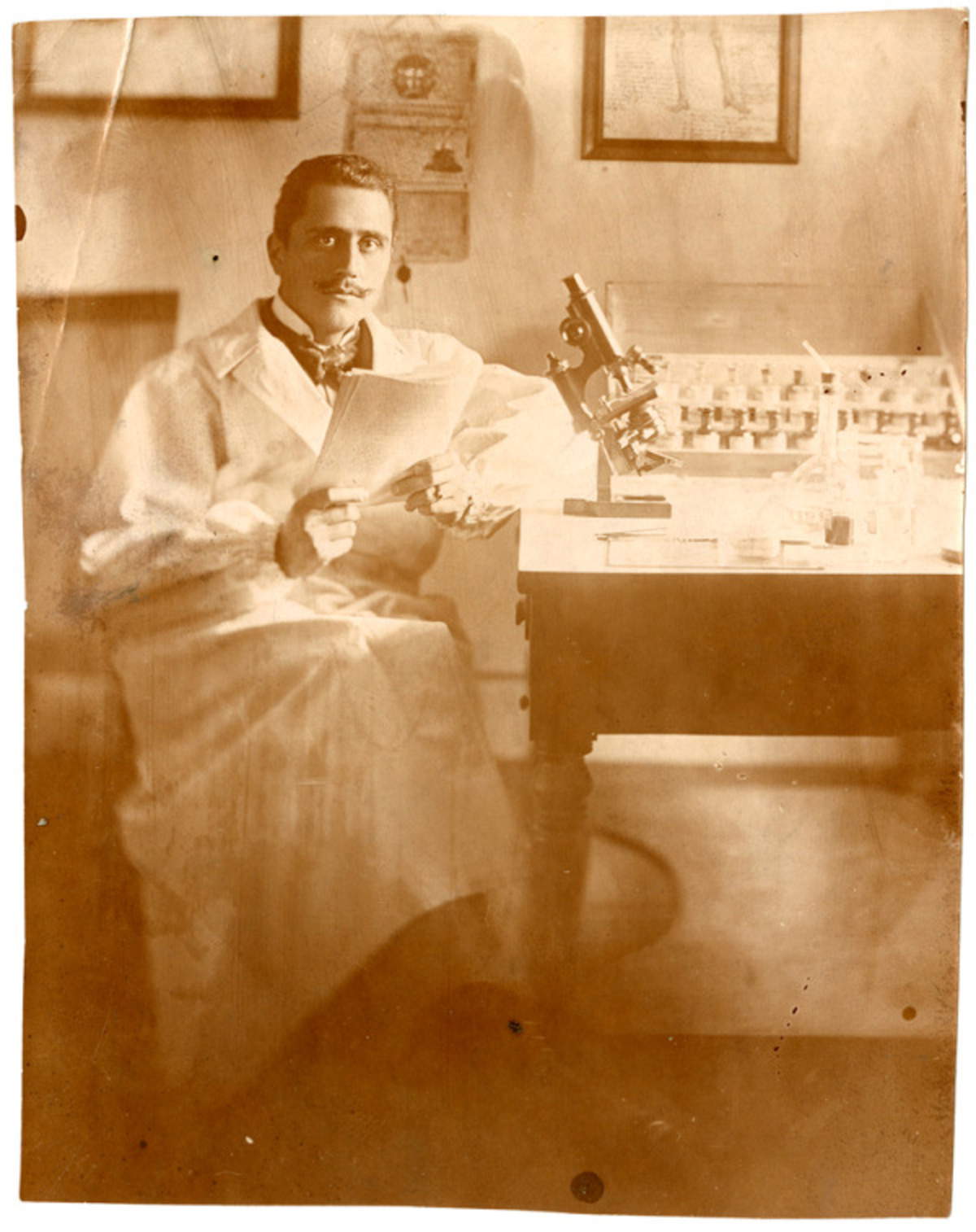Florence, Museo Galileo turns 100 years old. A full program of events, exhibitions and performances
Florence is preparing to celebrate the centenary of the Museo Galileo, established in 1925 as the Institute for the History of Science. The museum, among the most important in the world for research and dissemination of historical-scientific culture, will organize a series of events kicking off April 15 in the Salone dei Cinquecento in Palazzo Vecchio. Kicking off the celebrations will be the lectio magistralis Icons of Science by Martin Kemp, a world-renowned art historian and expert on Leonardo da Vinci, followed by a reading of texts by Galileo entrusted to Sergio Rubini, with musical accompaniment by the Musici della Scala. The program will continue for more than two years, until 2027, with exhibitions, conferences, publications and theatrical performances. Among the most anticipated initiatives is the opening of GalileoLab, a new educational and popular space in the Santa Maria Novella Complex.
Today, the Museo Galileo houses more than 1,000 scientific instruments on permanent display, a library with more than 250,000 volumes and attracts more than 209,000 visitors each year, with 25,000 participating in educational activities. Founded on May 7, 1925, the Institute of the History of Science was established with the aim of promoting the study of Italian science and its historical roots. In 1930 the headquarters was moved to Palazzo Castellani, a building of medieval origins that still houses the prestigious collection, in which Galileo Galilei’s original telescopes stand out. The centenary coincides with two other important anniversaries: the 150th anniversary of the birth of founder Andrea Corsini and the 250th anniversary of the creation of the Royal Museum of Physics and Natural History, established in 1775 by Grand Duke Peter Leopold of Habsburg-Lorraine.

A calendar full of events
On May 7, the official date of the centenary, the Museo Galileo will extend its opening until 11 p.m. At 9 p.m. it will debut the play Caterina, the mother of Leonardo, inspired by Carlo Vecce ’s novel and set in the same spaces that, according to the scholar, allegedly housed the nanny of the Da Vinci genius.
June will see the opening of the exhibition 100 Years of the History of Science in Florence (June 20-October 19, 2025), which will feature rare editions, manuscripts and scientific documents preserved in the museum’s library. In the fall, the international conference Scaling the Cosmos: Instruments and Images of the Universe (Nov. 19-21) will explore the relationship between scientific instruments and cosmological images, with the participation of the CNRS-Centre André Chastel. On the other hand, the Winter School of History of Science, a training initiative aimed at young scholars and organized with the Italian Society for the History of Science, will be held from Nov. 24-28.
The future of science popularization: GalileoLab
Museo Galileo is looking to the future with new projects. The most ambitious is the GalileoLab, which will be opened in 2027 in the premises of the Santa Maria Novella Complex. The space will host innovative educational activities and knowledge paths aimed at students, residents and tourists. The goal is to enhance Florence’s role in the history of science, which is often overshadowed by the city’s celebrated artistic excellence. GalileoLab aims to restore the balance between these two aspects of Florentine culture, focusing on a synergy between tradition and innovation.

 |
| Florence, Museo Galileo turns 100 years old. A full program of events, exhibitions and performances |
Warning: the translation into English of the original Italian article was created using automatic tools. We undertake to review all articles, but we do not guarantee the total absence of inaccuracies in the translation due to the program. You can find the original by clicking on the ITA button. If you find any mistake,please contact us.




























